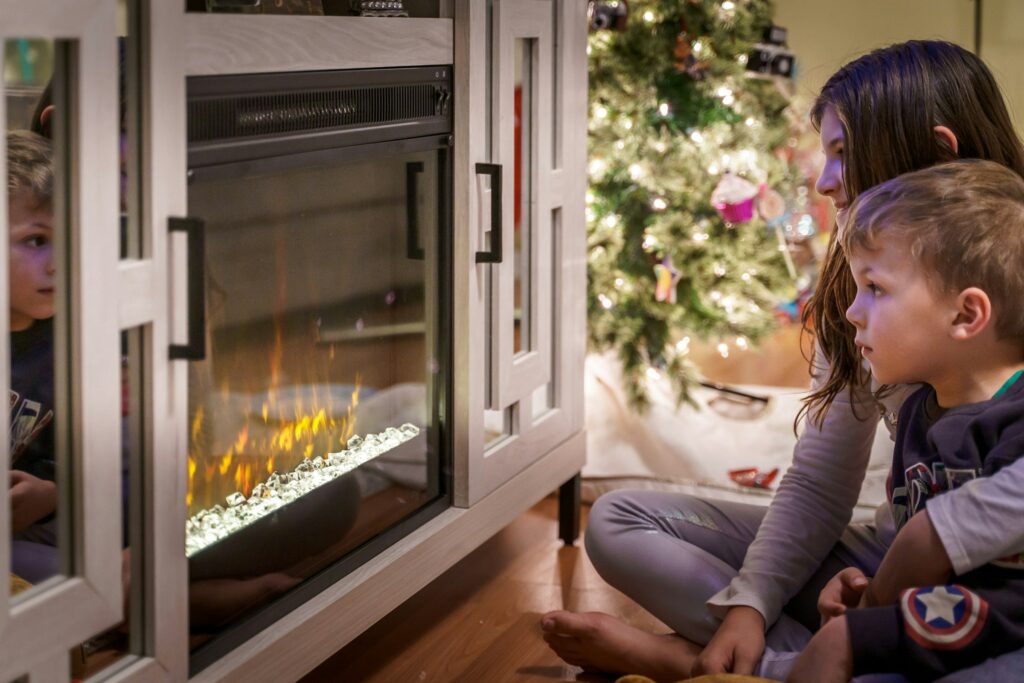The cold weather is here and it’s only going to get colder. Here are a few helpful tips to prepare your home for winter.
Protect Your Pipes
Your pipes are at risk of freezing any time temperatures drop below 32°F. However, it’s much more common for pipes to freeze when temperatures dip below 20°F. The longer the weather remains below freezing, the more likely it is your pipes can freeze if not properly protected and winterized. In these temperatures, the water inside your pipes can expand, causing pressure that leads to ruptures.
There are several ways to help prevent your pipes from bursting:
- Cover exposed pipes outside with a pool noodle or a towel.
- Let your inside faucets drip with warm water.
- Open kitchen and bathroom cabinets to allow warm air to circulate around the pipes under the sinks.
- Disconnect hoses, inspect the faucets for leaks, seal any gaps, drain spigots & pipes, and add outdoor faucet covers.
- If the water heater is in the garage, use a safe heating method like a space heater to keep it warm but never use an open flame.
Not following these steps could cause severe damage to the foundation of your home.
Avoid Ice Melt
Pouring a bag of salt sounds like a quick and easy way to clear your driveway but it could cause you more problems. Rock salt is not only poisonous for your pets and plants but also highly corrosive. Its harmful chlorides cause health risks to children and pets—salt damages concrete driveways, patios, and sidewalks indirectly. Salt corrodes concrete beneath the surface, resulting in discolored, cracked, and crumbling concrete. It is caused mainly by chemicals reacting with the pavement surface. It’s also a good idea to have your vehicle washed after driving on treated roads and parking lots.
Get Your Furnace Serviced
You don’t want to find out your heating system is dead right when you need it. It’s a lot easier for a plumber or HVAC expert to work on your system in the fall than in the winter. Change your filters and test your heating in advance to ensure your furnace and thermostats are working appropriately. Look around your water heater for any signs of leaks or moisture, and take care of any minor issues before they become full-scale problems. If you’re having HVAC problems, we highly recommend our neighbor Noah Schwartz with New Age Heating & Cooling to get the job done quickly and efficiently.

Reverse Your Ceiling Fans
Preparing your home for winter can be as easy as flipping a switch. Reversing your ceiling fans to rotate clockwise during winter can be a simple yet effective way to save up to 10 percent on your heating costs. This change creates an updraft that circulates warm air near the ceiling down into the living space, helping to distribute heat more evenly. This improved circulation allows you to set your thermostat at a lower temperature while still feeling warm, thereby saving money and energy.
Stay Prepared
Ice storms can cause power outages. Here are some things to keep in mind:
- Be sure to have several flashlights with extra batteries.
- Keep your fridge and freezer doors closed to protect the contents.
- Have some food and drinks available that do not require electricity to heat or prepare it.
- Avoid carbon monoxide poisoning. Generators, camp stoves or charcoal grills should always be used outdoors and at least 20 feet away from windows. Never use a gas stovetop or oven to heat your home.

